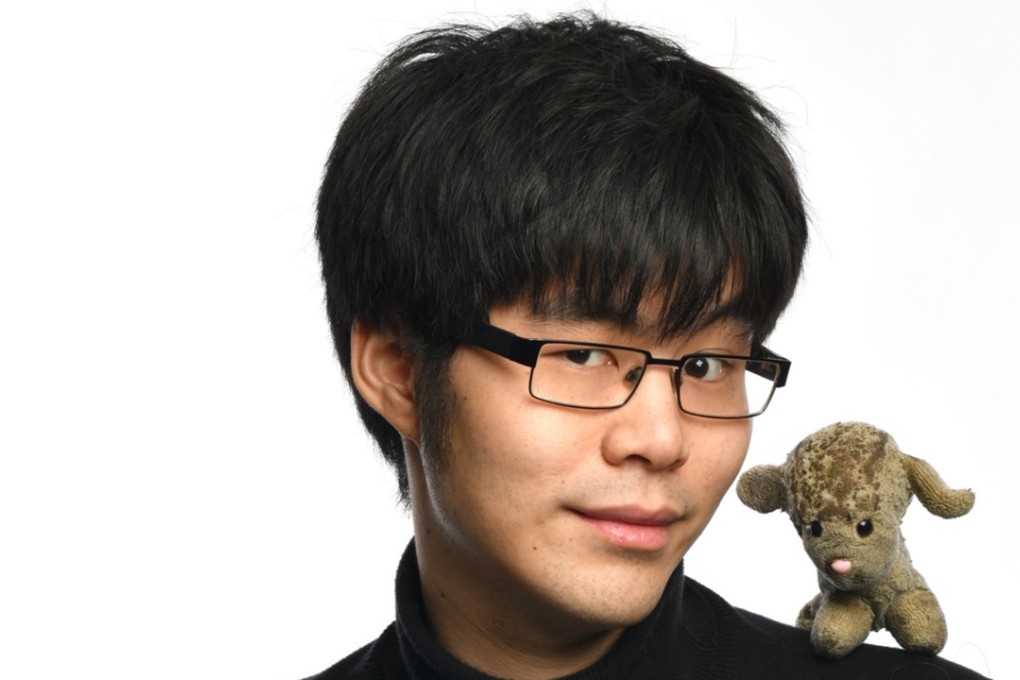Why British-born Chinese comedian swapped poker for writing jokes
More than 85 years after his playwright great-grandfather became a household name in Britain, Ken Cheng is wooing audiences with his own brand of humour … just don’t tell mum and dad

Almost 85 years ago, an unknown postgraduate student morphed into the most celebrated Chinese person in Britain, his play having become an unlikely smash hit. The interpretation of an ancient Peking opera by Hsiung Shih-I – the first Chinese director to work in the West End as well as on Broadway, in the United States – was beloved by the public, literati and royalty alike, and would shape British ideas of Asia for generations to come.
Almost a century on, Hsiung’s great-grandson is wowing British audiences with his own take on Chinese culture. Though, it has to be said, their art forms are slightly different.
Ken Cheng is a BBC. That could stand for “bloody brilliant comic”, which he is; an award-winning performer who has been hailed by The Scotsman newspaper as “a fiercely accomplished talent”. It also stands for “British-born Chinese”. But it should most certainly not, as one of Cheng’s gags has it, “be confused with the more popular usage of that acronym – ‘big black c**k’”.
The 29-year-old is at pains to make clear that the joke is not part of his set any more. “I don’t know, I just feel like I shouldn’t be saying ‘big black c**k’ as often as I did. I feel like that’s not my brand.”
Whatever his brand is, it will soon be promoted by the BBC (British Broadcasting Corporation), just like that of his great-grandfather. Cheng has been commissioned by Radio 4 to produce a four-part series inspired by his first hit comedy show, Ken Cheng: Chinese Comedian, revealing “how his Chinese upbringing in the UK has made his brain so weird”.
Cheng shot to fame last year, when he won the funniest joke award at the Edinburgh Festival Fringe, beating comedy veterans including Frankie Boyle, Alexei Sayle, Tim Vine and Ed Byrne. Cheng’s winning one-liner? “I’m not a fan of the new pound coin, but then again, I hate all change.”
